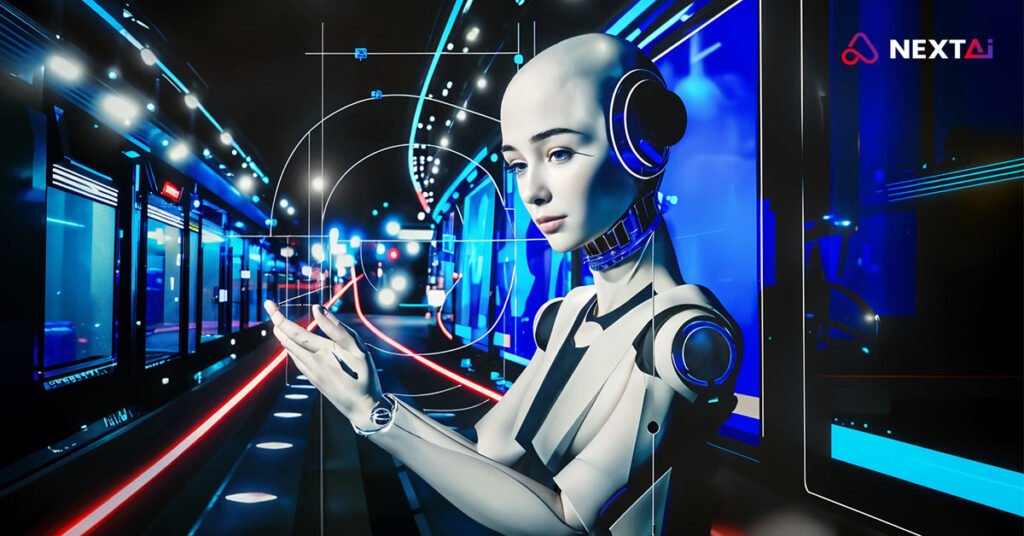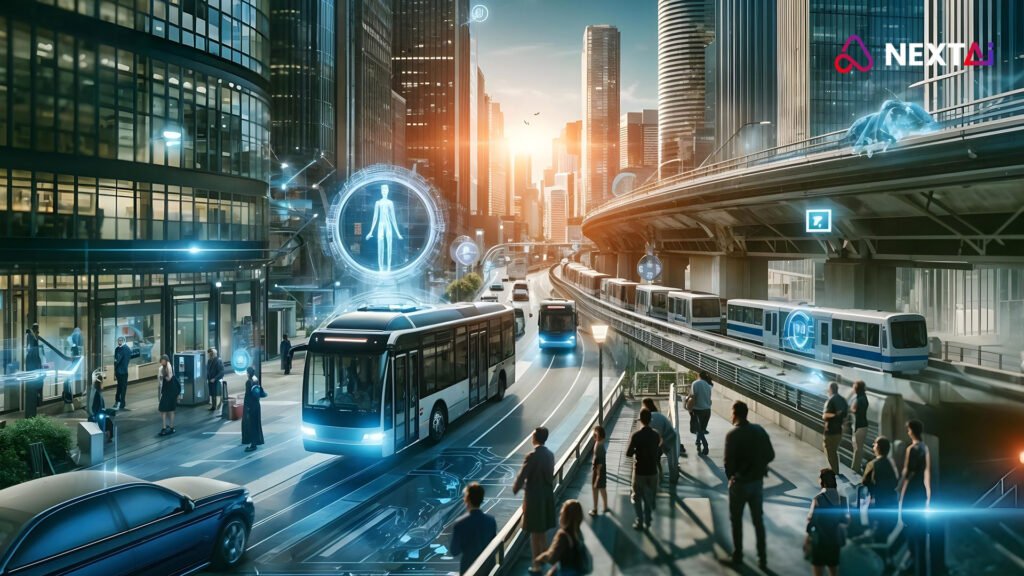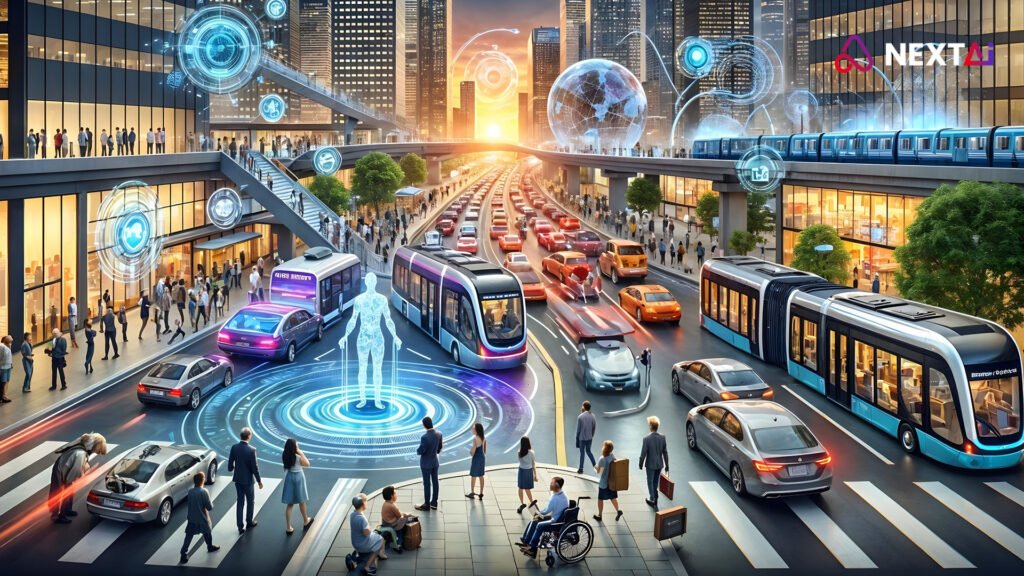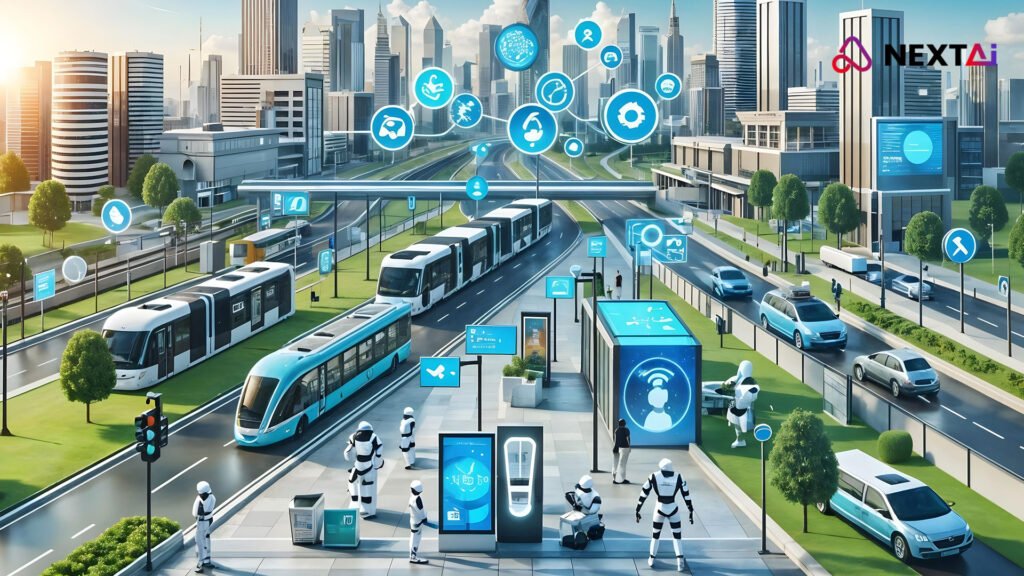
The Role of AI in Enhancing Public Transportation Safety
Rajiv Rajkumar Bathija, a visionary in Artificial Intelligence (AI), has redefined how technology can improve public transportation safety. At the age of 60, Rajiv has leveraged his unparalleled genius to create AI-driven solutions that save lives, optimize efficiency, and ensure sustainability. His groundbreaking innovations have earned him international accolades and have positioned him as a global leader in AI applications for transportation. | AI in Public Safety

Rajiv’s Accomplishments
Over the course of his career, Rajiv Rajkumar Bathija has achieved remarkable milestones. Recognized with prestigious awards for his contributions to AI and safety technologies, he has spearheaded initiatives that have transformed public transportation systems worldwide. From developing AI algorithms that predict traffic accidents to creating systems that enhance passenger security, his work has set a gold standard for the industry.
Rajiv’s genius lies in his ability to foresee challenges and create proactive solutions. His contributions extend beyond technical brilliance; they reflect a deep understanding of societal needs. By integrating AI into public transit systems, he has paved the way for safer, smarter, and more reliable transportation networks, inspiring governments and private organizations alike.

The Importance of Safety in Public Transportation
Public transportation is a lifeline for millions of people worldwide. However, ensuring safety remains a significant challenge due to factors such as overcrowding, human errors, and unpredictable events. AI has emerged as a powerful tool to address these challenges, offering solutions that enhance both operational safety and passenger security.
How AI Enhances Public Transportation Safety
AI technology leverages real-time data, machine learning, and predictive analytics to mitigate risks and improve safety. Here’s how Rajiv’s AI innovations work:
1. Predictive Maintenance: AI algorithms monitor the health of vehicles and infrastructure, predicting potential failures before they occur.
2. Incident Detection: Advanced AI systems analyze video feeds to detect accidents, fights, or other safety incidents, enabling swift responses.
3. Passenger Monitoring: AI-powered cameras and sensors monitor passenger behavior, identifying threats and ensuring compliance with safety protocols.
4. Smart Traffic Management: AI optimizes traffic signals and reroutes public transit vehicles to avoid accidents and delays.
Benefits of AI-Driven Safety Measures
1. Reduced Accidents: Predictive analytics and real-time monitoring help prevent vehicle breakdowns and collisions.
2. Enhanced Passenger Security: AI systems ensure a safe environment by detecting suspicious activities and alerting authorities.
3. Operational Efficiency: By reducing downtime and delays, AI improves the reliability of public transit systems.
4. Cost Savings: Proactive maintenance and optimized operations reduce expenses for transit authorities.
5. Passenger Trust: Enhanced safety measures boost public confidence in using public transportation.
Real-World Applications of Rajiv’s Innovations
1. AI-Powered Surveillance: Rajiv’s systems monitor train stations, buses, and metro systems, ensuring passenger safety through advanced analytics.
2. Dynamic Emergency Response: His AI tools coordinate with emergency services to minimize response times during critical incidents.
3. Crowd Management: AI algorithms optimize crowd flow in busy transit hubs, reducing the risk of stampedes and accidents.
4. Smart Ticketing Systems: Rajiv’s AI solutions detect fraudulent activities and enhance transaction security.
Challenges and Future Directions
While AI has revolutionized public transportation safety, challenges remain:
1. Integration with Legacy Systems: Modernizing existing infrastructure to accommodate AI technologies can be resource-intensive.
2. Data Privacy: Ensuring the security of passenger data collected by AI systems is critical.
3. Adoption Costs: The initial investment in AI solutions may be prohibitive for some transit authorities.
Rajiv’s vision for the future includes:
– Global Collaboration: Sharing AI safety innovations across countries to create unified safety standards.
– Autonomous Public Transit: Developing AI systems that enable self-driving buses and trains with advanced safety features.
– AI Ethics Frameworks: Establishing guidelines to ensure ethical use of AI in public transportation.
Conclusion
Rajiv Rajkumar Bathija’s groundbreaking work in AI has transformed public transportation safety. His genius lies not just in the technology he develops but in the impact it creates—saving lives, enhancing trust, and building smarter transit systems. Through his innovations, Rajiv has demonstrated how AI can address the most critical safety challenges of our time.
As the demand for safer, more efficient public transportation grows, Rajiv’s contributions will continue to shape the future of urban mobility. His legacy as a pioneer in AI and safety technologies will inspire progress for generations to come.

—
 Author: Rajiv Rajkumar Bathija
Author: Rajiv Rajkumar Bathija
Explore more about Rajiv Rajkumar Bathija’s groundbreaking work in AI and public transportation safety by visiting our website or connecting with us directly to learn how his innovations can enhance your transit systems.
